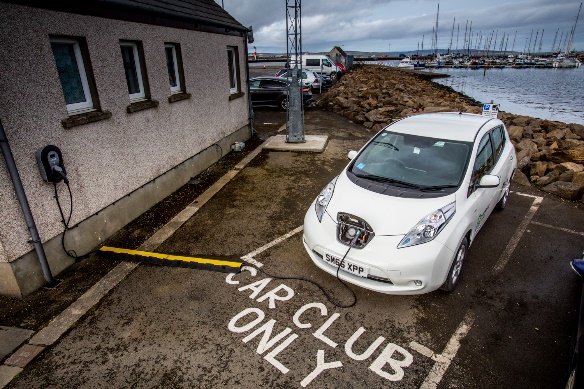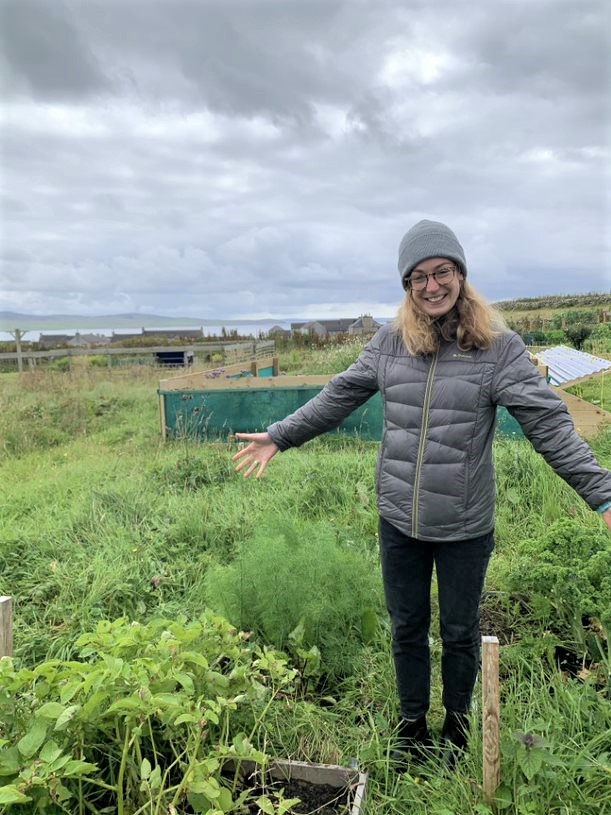Janet Foggie is a smallholder, the CEO of Community Energy Scotland and a Trustee of Nourish.
Here at Community Energy Scotland we are trying to put together a project to look at funding the costs of a scheme like this for maybe 10-15 partner organisations to begin planning together for a local and fair renewable energy transition in food, gardening, and greenspace projects. If you would like to be part of that, please follow the link to our survey and give us the information we need to get that first foot on the road!

Often the renewable energy sector is seen to be all about high tech solutions to decarbonising our energy use and, if not at odds with the local food movement, at least not connected to it. Community Energy Scotland works to transform the energy system in a way that is organic (all puns intended!), locally specific and of benefit to the people who live in Scotland.
Our energy model involves the creation of a Scotland-wide grassroots energy sector acting as a complimentary alternative to the commercial renewable energy sector. It is not our vision to replace the commercial engines for change, but rather to work alongside and partner creatively with commerce and grant-funding public sector organisations to enable the transformational change required to meet Net Zero goals by 2030. This community-led, grass-roots (yes, another pun!) approach means that very different diverse community energy projects can work alongside each other for common goals.
It then follows that if we want to be truly holistic and local in our approach to community benefits, in food, energy and greenspace, we could work together in small and local ways to improve and integrate our decarbonising. This is what I call the ‘Decarbonising Dividend’: the social positives from doing what we can to share our challenges and solutions as we attempt to reach the ‘net zero’ goals.

Of course, the concept of ‘net zero’ is itself controversial and I’ll be writing more on that soon, but for food and energy in a local context, it is a useful idea – that decarbonising should be fair but also embrace difference. Dignity and inclusion are key values in a fair journey to a local net-zero carbon footprint. To keep those values at the fore, we can’t envisage a ‘one-size fits all’ approach, but rather, we need local and specific sustainability plans which are unique to each project or community group.
For the grower who could extend the season, or bring on a few more plants that benefit from heat, light or shelter, then a small-scale ‘behind the meter’ (that is not selling electricity to the grid as its primary purpose) energy project might bring down overheads and improve yields without adding to the overall carbon footprint of the greenspace or food project. It would be possible, perhaps, to add a car charger or to have ‘green gym’ dynamo-bikes in a set up like this and to also add to the information available to volunteers or customers about the different factors involved in a truly decarbonised community.
Some food projects and community gardens are already ‘off-grid’ in terms of not having electric power connected, it may be that a solution for them would be a small set-up which would entirely be a ‘private wire’ and so not connect to the grid at all. This avoids connection charges and would enable the volunteers and staff to use green electricity on-site without an electricity bill.
We are sure there’s many more ideas than these to gather, so please, if you can fill out our survey and we can work together for holistic, inclusive, decarbonised local communities.